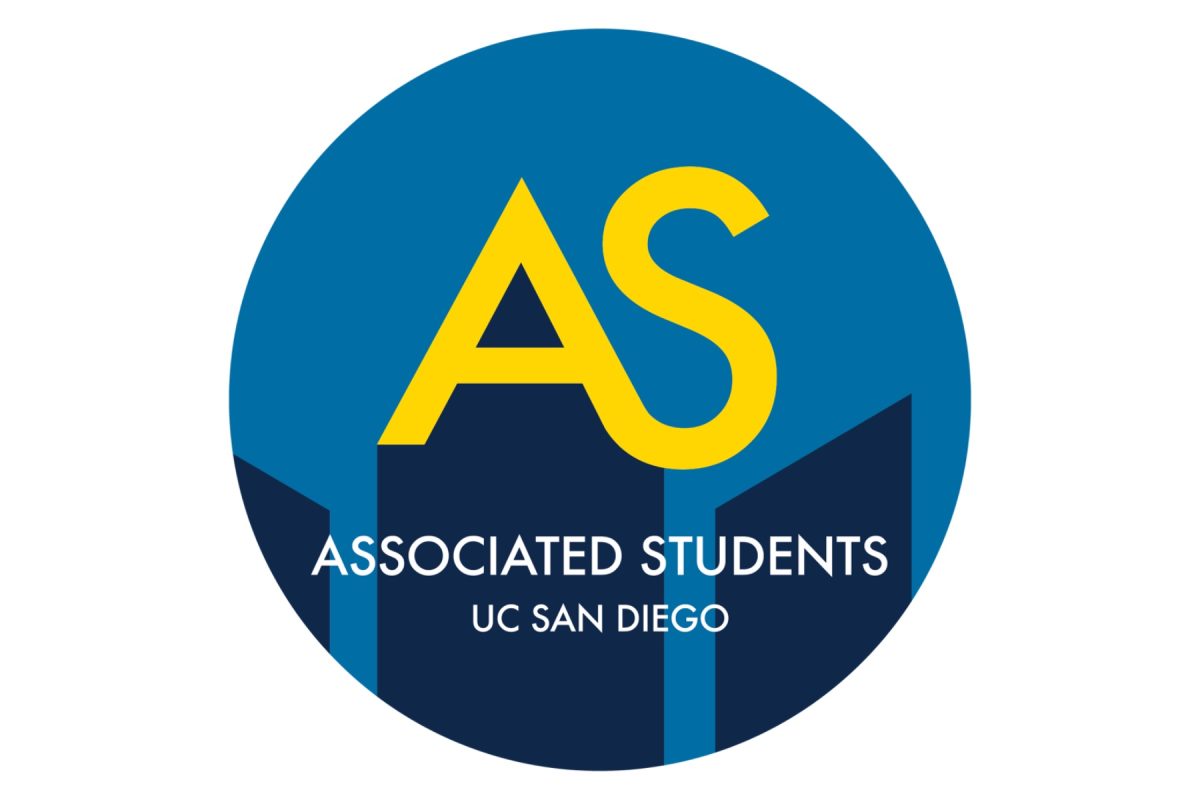Members of the Church at Rancho Bernardo in North County have formed a new nonprofit organization called the Alabaster Jar Project that aims to empower and heal female survivors of human trafficking in the San Diego area.
The group, which officially earned its status as a nonprofit organization last year, has raised approximately $50,000 in donations so far and is directed by co-founder Susan Johnson.
According to statements made to the San Diego Union Tribune, Johnson and co-founder Nathan Alcorn have been working to improve the lives of sex trafficking victims for several years. They focus on healing women and young girls spiritually and emotionally, starting with the victims’ self-images.
“We pamper them, pray over them and bless the socks off these ladies to boost their self-worth and encourage them in their transition,” Johnson said.
According to the San Diego County District Attorney’s office, there are approximately 18,000 victims of human trafficking in the U.S. each year, with California as one of the nation’s top four states. The website of the DA also states that the FBI identified San Diego as one of the country’s top 13 high-intensity child prostitution areas, with the majority of victims being recruited between the ages of 12 and 14.
Board member Stephanie Renick added that the project wants to eradicate the common perception that the victims of human trafficking are always at fault for their situations.
“We see value in something others don’t, so part of our job is educating the community on the whole picture,” Renick said in a statement to U-T San Diego. “People see [prostitution] like they do homelessness: that it’s a lifestyle choice. But we want people to understand how these women got from point A to point B. There are a lot of things that have to go wrong for them to get to this point.”
The Alabaster Jar Project plans to channel their existing funds toward a drop-in resource center in San Marcos, where victims of all ages can receive private counseling and be connected to other existing resource programs.
The center will primarily be staffed with college students and other volunteers led by Johnson as the group’s unpaid executive director.
After opening the resource center, the board’s goal is to raise $150,000 to provide women and young girls with a safe, healthy home environment in North County that facilitates recovery and promotes self-sufficiency. Expected to open its doors next fall, this will be in the form of a five-bed residential facility that will offer survivors semipermanent refuge in a nurturing atmosphere rooted in community values.
Kyle Moss, who is a board member at the Alabaster Jar Project, said that the program’s long-term goal is to staff the shelter with the women it has rehabilitated.
“We want to be replaced by the women we’ve empowered,” Moss said in a statement to U-T San Diego. “We want to be a hopeful story of how we’re fulfilling a need to holistically restore lives.”
The Alabaster Jar Project is not the first nonprofit organization that seeks to help the numerous victims of human trafficking in San Diego. Alcorn acknowledged the existence of similar groups but insisted that more action is always needed.
“Yes, there are other groups out there in San Diego to help these women, but there aren’t nearly enough to handle the size of the problem,” Alcorn said to U-T San Diego.
Students can visit the Alabaster Jar Project’s website and get involved in several ways including buying a symbolic bracelet, making a monetary donation and filling out a volunteer application online.








